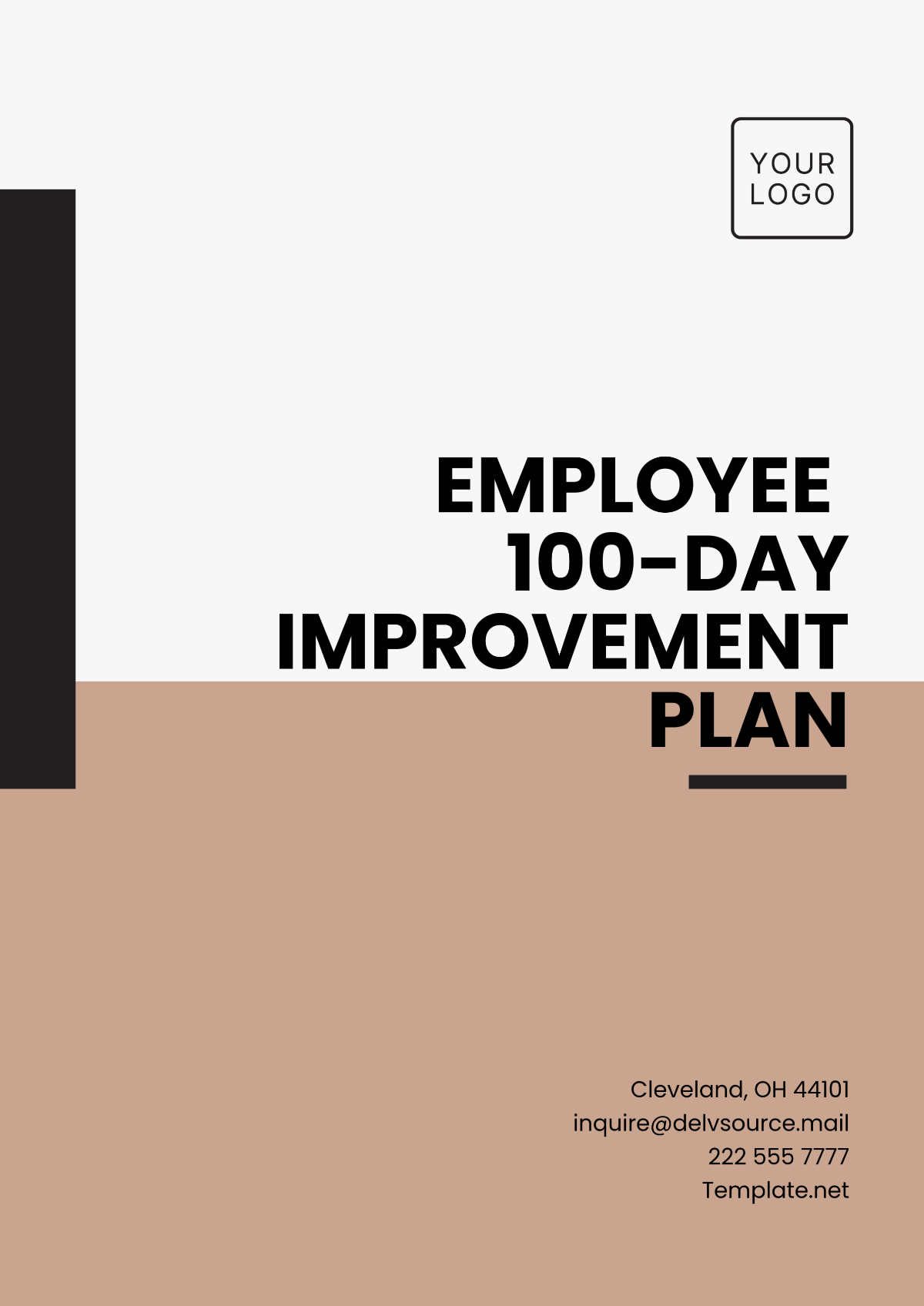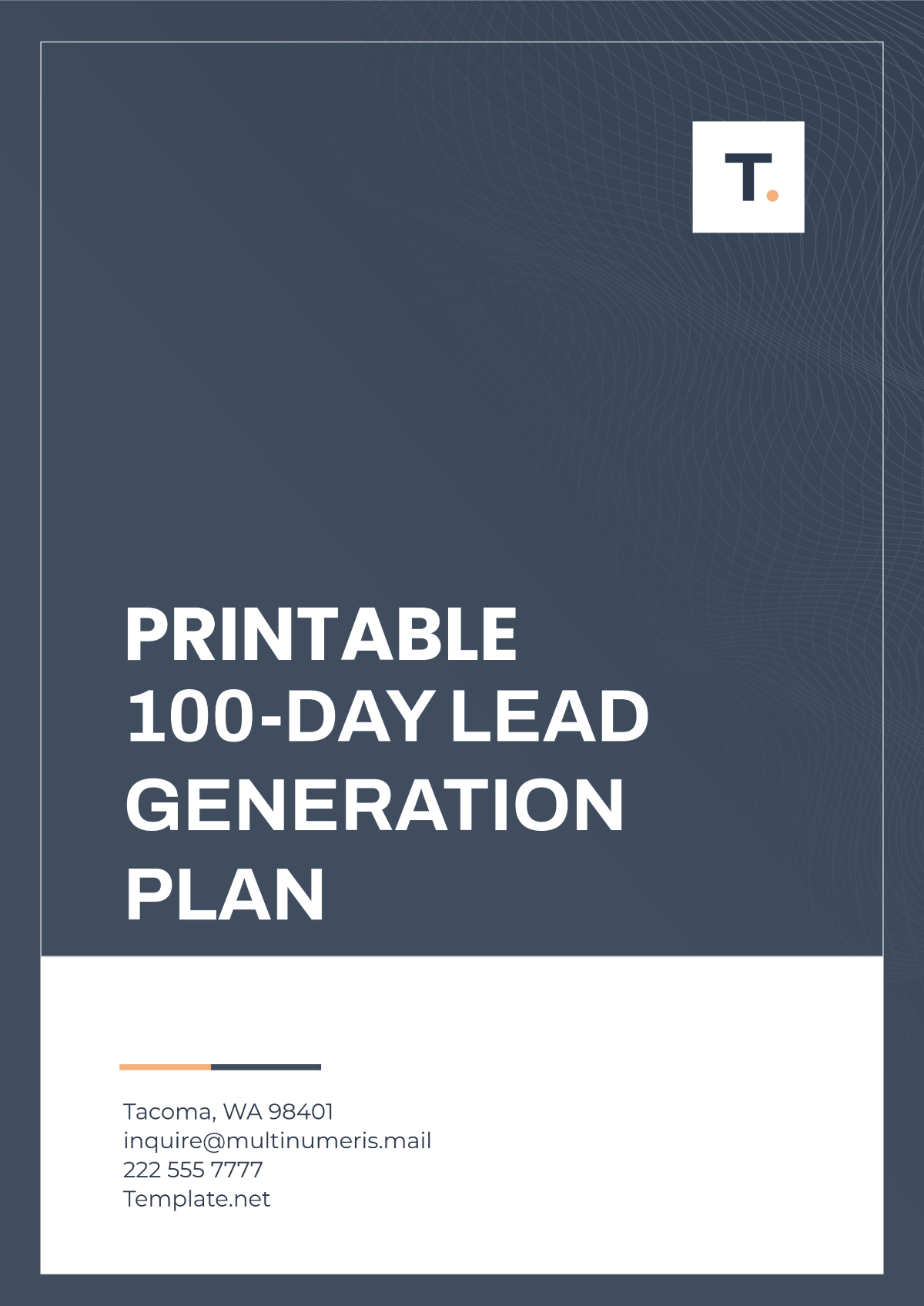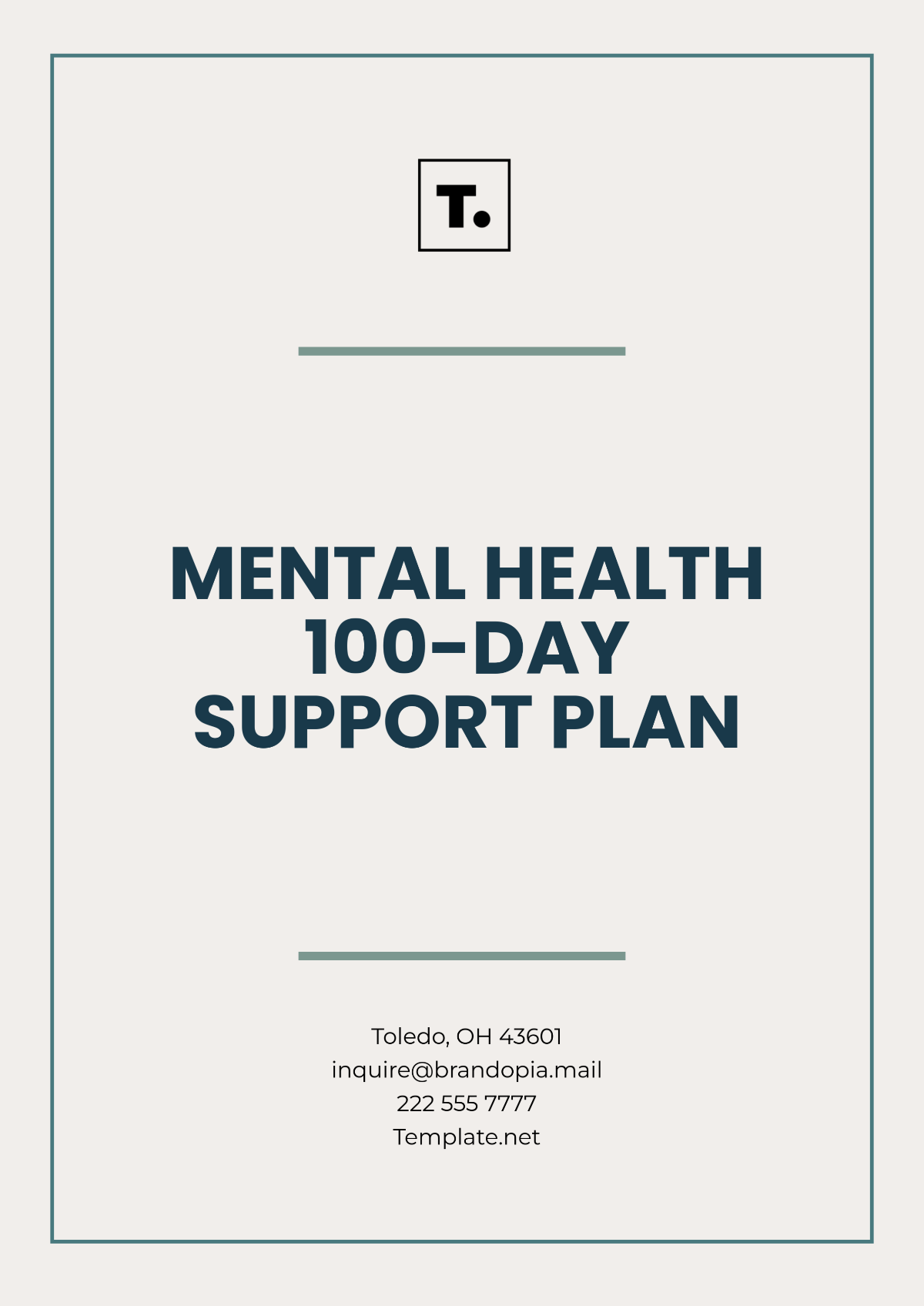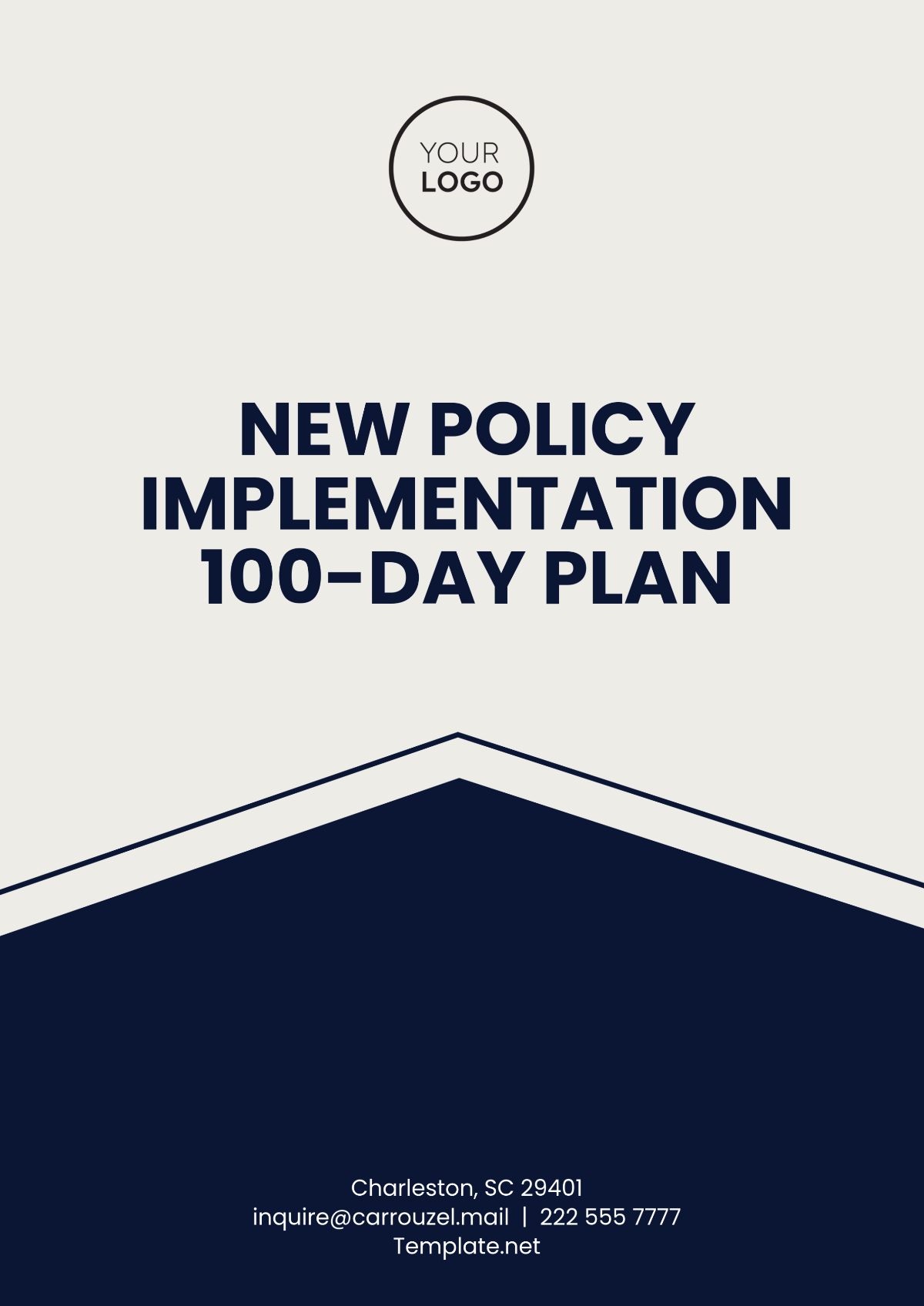Mental Health 100-Day Support Plan
Introduction
This Mental Health 100-Day Support Plan, prepared by [YOUR COMPANY NAME], is designed to provide individuals with a structured framework to improve their mental health over 100 days. The plan includes a comprehensive approach with actionable goals, coping strategies, and professional support to help individuals manage their mental well-being, reduce stress, and build resilience. By following this plan, individuals can work toward greater emotional stability, improved mental health, and sustainable self-care practices.
Phase 1: Initial Assessment and Goal Setting (Days 1-20)
Objectives
Assess the current mental health status.
Set achievable and measurable mental health goals.
Begin incorporating self-care practices and create a support system.
Actions
Consult with a mental health professional from [YOUR COMPANY NAME] to assess mental health and address current challenges.
Set personalized short-term and long-term mental health goals, such as reducing stress or enhancing emotional resilience.
Establish a daily self-care routine that includes activities like mindfulness, journaling, and light physical activity.
Begin therapy sessions, such as cognitive-behavioral therapy (CBT), with a licensed professional.
Identify a support network (family, friends, or support groups) and set up accountability systems for regular check-ins.
Resources
Access to licensed therapists and counselors.
Self-care guides and resources are available through [YOUR COMPANY NAME].
CBT tools and worksheets.
Phase 2: Skill Building and Coping Mechanisms (Days 21-60)
Objectives
Strengthen coping skills and emotional resilience.
Build healthier thought patterns and habits.
Incorporate sustainable mental health practices into everyday life.
Actions
Practice mindfulness techniques (e.g., meditation, breathing exercises) for at least 10-15 minutes each day.
Use cognitive restructuring methods to identify and replace negative thinking patterns.
Commit to regular physical exercise (e.g., walking, yoga, or gym sessions) to improve mental health and reduce stress.
Establish a consistent sleep routine to ensure restorative rest and mental clarity.
Journal daily to reflect on emotional states, track progress, and gain insight into mental health patterns.
Resources
Mindfulness meditation apps provided by [YOUR COMPANY NAME].
Physical activity programs, including virtual fitness sessions.
Cognitive-behavioral therapy resources are available through [YOUR COMPANY NAME].
Phase 3: Integration and Evaluation (Days 61-100)
Objectives
Refine coping strategies and continue to build emotional resilience.
Evaluate progress and adjust goals as necessary.
Ensure long-term sustainability by strengthening support systems.
Actions
Assess progress by reviewing initial mental health goals and measuring improvements (e.g., reduced stress, better sleep).
Refine coping strategies based on feedback from therapy sessions and personal reflection.
Engage in social activities and participate in community-based or virtual support groups to build connections and reduce isolation.
Develop a long-term mental health maintenance plan to ensure continued well-being after the 100 days.
Schedule follow-up appointments with [YOUR COMPANY NAME] professionals for ongoing support and to monitor mental health after completing the plan.
Resources
Ongoing support through [YOUR COMPANY NAME]’s counseling services.
Access to community support groups and mental health networks.
Long-term mental health tools for continued self-care and coping.
Monitoring and Support
Weekly Check-ins: Regular sessions with a professional from [YOUR COMPANY NAME] to monitor progress, discuss challenges, and adjust strategies.
Accountability Partners: Identify a trusted individual or support network to track goals and provide emotional encouragement throughout the 100-day process.
Self-Reflection Tools: Journals and progress tracking tools to document emotions, setbacks, and growth over 100 days.
Conclusion
The Mental Health 100-Day Support Plan, created by [YOUR COMPANY NAME], offers a comprehensive, phased approach to improving mental health. By focusing on personal assessment, skill building, and long-term maintenance, individuals can achieve meaningful improvements in their emotional well-being. This plan not only addresses immediate mental health challenges but also ensures sustainable strategies for ongoing mental wellness. [YOUR COMPANY NAME] is committed to supporting individuals throughout their mental health journey, providing tools, resources, and professional guidance to foster long-term success.































